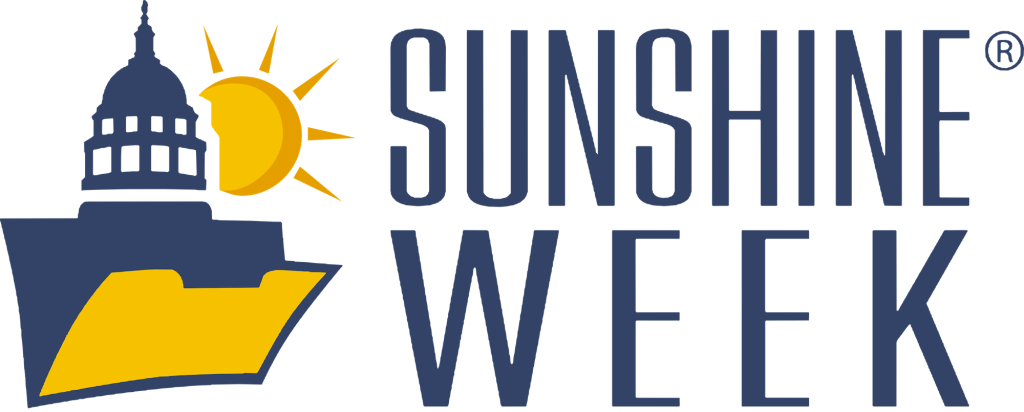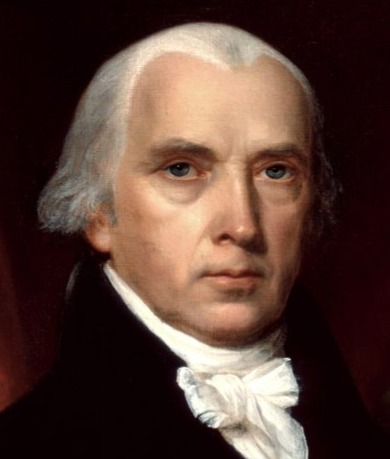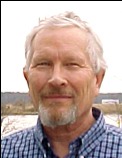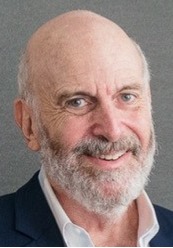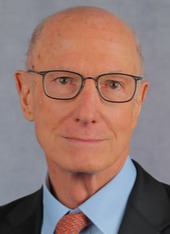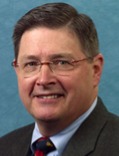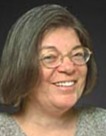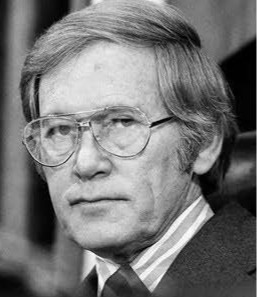Russ Roberts was a first-generation FOIA officer who helped set a tone that encouraged government agencies to maximize disclosure under the new Freedom of Information Act and to view disclosure of government information to the public as the role of the FOIA officer and staff.
Roberts came to his job as chief FOIA officer at the Department of Health, Education and Welfare (now Health and Human Services) with a background as a journalist and public-affairs officer. At that time, in the late 1960s, agencies were frequently disdainful of FOIA, but Roberts quickly embraced the spirit and intent of FOIA. Throughout his career, he pursued policies at his agency that encouraged disclosure of information and removed bureaucratic and political barriers.
He pioneered the concept of contacting requesters whenever necessary to clarify requests. Along with several colleagues, he was instrumental in creating the American Society of Access Professionals, an organization that allowed agency FOIA staff and outsiders interested in FOIA and privacy to establish a career path for such personnel.
Roberts retired as FOIA officer at HHS in 1989 and continued to work with ASAP and other organizations to promote FOIA in the United States and abroad until his death.
Class of 1996
- Samuel J. Archibald
- Scott Armstrong
- U.S. Sen. Hank Brown
- Harold L. Cross
- Lucy A. Dalglish
- Earl English
- U.S. Rep. Dante Fascell
- Paul Fisher
- William H. Hornby
- Jane E. Kirtley
- Jack C. Landau
- U.S. Sen. Patrick J. Leahy
- U.S. Sen. Edward Long
- Paul K. McMasters
- U.S. Rep. John E. Moss
- J. Edward Murray
- Virgil M. Newton Jr.
- Jean H. Otto
- James S. Pope
- Harold C. Relyea
- Richard M. Schmidt Jr.
- Sheryl L. Walter
- Bruce W. Sanford
- J. Russell Wiggins
Class of 2006
- Andrew Alexander
- Gary Bass
- Thomas S. Blanton
- Danielle Brian
- David Burnham
- Hodding Carter III
- Tom Curley
- Tom Devine
- Kevin Goldberg
- Morton H. Halperin
- Charles W. Hinkle
- Kathleen A. Kirby
- Susan B. Long
- Robert D. Lystad
- John E. Pike
- Ronald L. Plesser
- Russ Roberts
- A. Bryan Siebert
- David Sobel
- Thomas M. Susman
- Mark Tapscott
